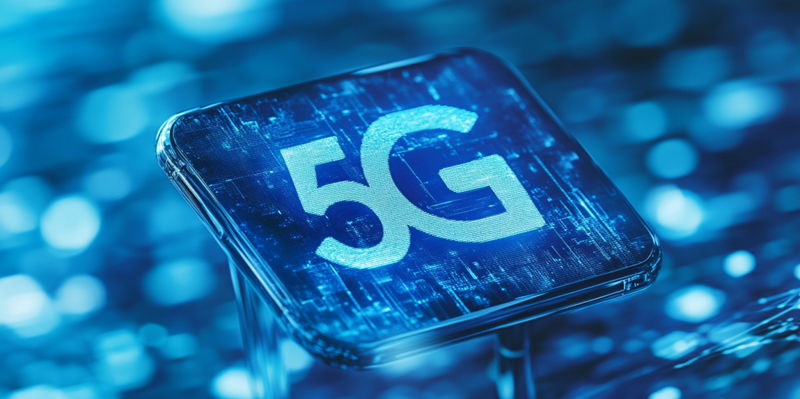In a significant move to promote sustainability in the telecommunications sector, Indian telecommunications company Airtel has announced a collaboration with Nokia under the “Green 5G” initiative aimed at enhancing energy efficiency across Airtel’s mobile network, specifically its 4G and 5G radio access network (RAN). Central to this initiative is the integration of artificial intelligence (AI) and machine learning (ML) technologies designed to optimize energy consumption. The project underscores the growing importance of green technology in reducing the carbon footprint of large-scale communication networks.
The primary objective of this partnership is to implement energy-efficient technologies to substantially reduce Airtel’s carbon emissions. Remarkably, the collaboration is expected to cut 143,413 metric tons of CO2 emissions annually from Airtel’s network. Such a substantial reduction not only supports Airtel’s sustainability goals but also aligns seamlessly with Nokia’s firm commitment to achieving net-zero greenhouse gas emissions by 2040. This initiative is a testament to how leading industry players are taking proactive measures to support global environmental objectives while maintaining performance standards.
Advanced Technologies and AI Integration
One of the standout aspects of this initiative is the deployment of advanced technologies such as zero-traffic, zero-watt operations. These technologies manage power consumption during low traffic periods, ensuring that energy is not wasted when network demand is minimal. AI-enhanced software and digital design tools further complement this by automating processes to minimize energy usage. By leveraging machine learning, the network can dynamically adapt to varying levels of traffic, making operational adjustments in real-time to optimize energy efficiency.
Central to the optimization of energy consumption is Nokia’s ReefShark System-on-Chip (SoC), which will dynamically adjust resources based on network traffic. This system aims to reduce energy consumption by up to 15%. This cutting-edge technology is a perfect example of how deeply integrated AI and ML can solve complex energy management challenges in massive communication networks. By incorporating these innovations, the partnership between Airtel and Nokia represents a forward-thinking approach to managing the energy demands of modern telecommunications infrastructure.
Environmental and Industry Impact
In a major step towards sustainability in the telecom sector, Indian telecommunications giant Airtel has partnered with Nokia to advance the "Green 5G" initiative. This effort focuses on boosting energy efficiency within Airtel’s mobile network, especially its 4G and 5G radio access network (RAN). A key component of this initiative is the use of artificial intelligence (AI) and machine learning (ML) to optimize energy consumption, highlighting the growing trend of leveraging green technology to lower the carbon footprint of extensive communication networks.
The main goal of this partnership is to implement energy-saving technologies that significantly cut Airtel’s carbon emissions. Impressively, this collaboration is set to reduce Airtel’s CO2 emissions by 143,413 metric tons per year. This considerable decrease not only furthers Airtel’s sustainability aims but also aligns with Nokia’s ambition to reach net-zero greenhouse gas emissions by 2040. This initiative clearly shows how industry leaders are taking proactive steps to support global environmental objectives, all while ensuring high performance standards are met.

